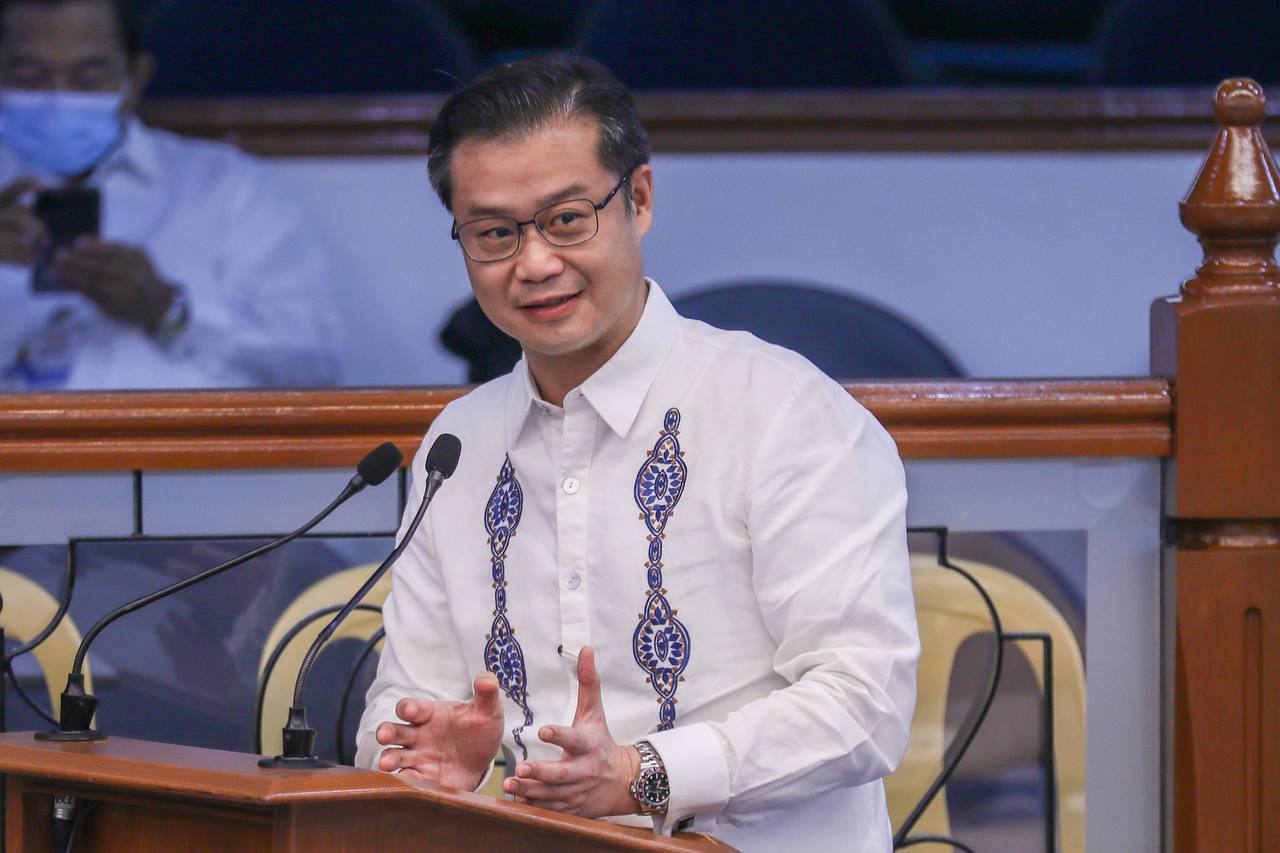Senator Win Gatchalian is keen on creating a piece of legislation covering various aspects of the halal industry in the country, as he noted gaps in existing laws pertaining to this sector.

Such measure would enable local producers to tap into the global halal market and potentially boost small to medium enterprises in the country, he said. In addition, an airtight legislation on halal would provide assurance that domestic halal products are compliant with the dietary requirement and Islamic lifestyle required by local Muslim communities. It will also protect halal consumers from purchasing fake food and non-food halal products.
“Nanghihinayang ako sa halal industry natin at sa potensyal nito. It seems to me that it is very fragmented and the regulation is not so clear. Without penalties, regulations are just prescriptive and will be ineffective,” Gatchalian said at a hearing conducted by the Senate Committee on Cultural Communities and Muslim Affairs.
Currently, certification of halal products is covered by Republic Act No. 10817, or the Philippine Halal Export Development and Promotion Program Act of 2016, intended to promote the production of halal goods for international markets. The law, however, does not carry penalty clauses against enterprises that falsely claim they offer halal products or services. Halal is an Islamic concept that connotes that a product or service is free of impurities and can be consumed by Muslims.
Gatchalian emphasized there is a need to address gaps in existing laws hampering the full development of the local halal industry. “I see the need to create an extensive law on halal not only to regulate but also to promote and put clarity on what agencies will do, what responsibilities they should perform, and what penalties are involved if stakeholders don’t follow,” he said.
The senator further emphasized that pending the formulation of relevant laws that would streamline halal regulations in the country with those required by the global market, the private sector or local companies should be proactive in promoting compliance with the requirements prescribed by the halal industry.
“In the absence of a regulatory body or a strong regulatory law, our private companies should be proactive enough in doing their part,” he emphasized.


